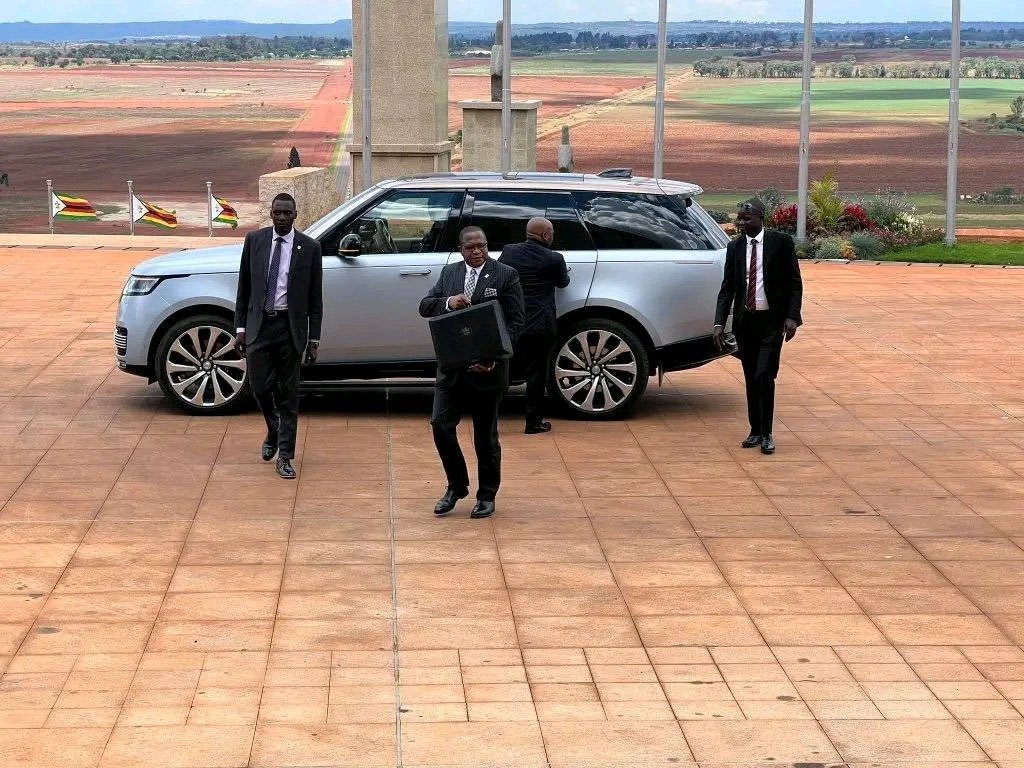The Ministry of Mines and Mining Development has been allocated ZiG$664.8 million, equivalent to approximately US$22.16 million, as part of the 2025 budget announced by the Minister of Finance and Investment Promotion, Prof. Mthuli Ncube, Mining Zimbabwe reports.
By Rudairo Mapuranga
However, on the alternative black market, this allocation amounts to a significantly lower figure of around US$14.45 million. This discrepancy underscores the challenges faced by the ministry and other sectors in maximizing budgetary effectiveness amid persistent currency volatility.
During his budget presentation, Finance Minister Prof. Ncube highlighted that the allocation is part of broader efforts to “facilitate mining activities through the implementation of legislative and administrative reforms” aimed at fostering a more conducive environment for mineral exploration, extraction, and beneficiation. Additionally, the funds will be used to enhance mobility and provide tools for audit personnel at the provincial and district levels, improving oversight and driving the sector’s development.
Despite these measures, the Ministry of Mines and Mining Development’s allocation is modest compared to other key ministries in the 2025 budget. For instance, the Ministry of Health and Child Care received a substantial ZiG$28.3 billion (US$943.33 million at the official rate), reflecting the government’s prioritization of public health. Similarly, the Ministry of Home Affairs and Cultural Heritage was allocated ZiG$16.1 billion (US$536.67 million), while the Ministry of Defence received ZiG$18 billion (US$600 million), demonstrating significant government focus on security and defence.
In stark contrast, the Ministry of Energy and Power Development, critical to the mining sector’s power requirements, received only ZiG$259.8 million (US$8.66 million). This raises concerns about whether the Ministry of Mines and Mining Development has been adequately resourced, given the pivotal role of mining in driving economic growth and earning foreign currency.
Minister Ncube reiterated the centrality of mining to Zimbabwe’s economy but acknowledged the challenges posed by limited funding.
“We are committed to building resilience for sustained economic transformation, and the mining sector remains central to this goal,” said Prof. Ncube.
Nonetheless, with only US$22.16 million officially allocated, there are doubts about the sector’s ability to sustain its growth momentum without greater efficiency and prioritization of critical projects within the ministry.
The mining sector remains one of Zimbabwe’s largest foreign currency earners, significantly contributing to the national GDP. However, its allocation pales in comparison to sectors like agriculture, which received ZiG$22.9 billion (US$763.33 million). With increasing demands for mining reforms, equipment upgrades, and infrastructure to support mineral beneficiation, the ministry’s budget may fall short of meeting the sector’s urgent needs.
The disparity in budget allocations, particularly compared to ministries such as Defence and Agriculture, suggests that more needs to be done to prioritize mining as part of Zimbabwe’s broader economic transformation agenda.
Still, Prof. Ncube expressed optimism about the allocated funds’ potential impact.
“We will continue to ensure that every dollar allocated delivers value, particularly in creating an enabling environment for investment and mineral production,” he emphasized during his address.
Given mining’s critical role in generating foreign currency, stakeholders will be closely monitoring how the Ministry of Mines and Mining Development utilizes its limited allocation to sustain growth and attract future investments.
.png)




